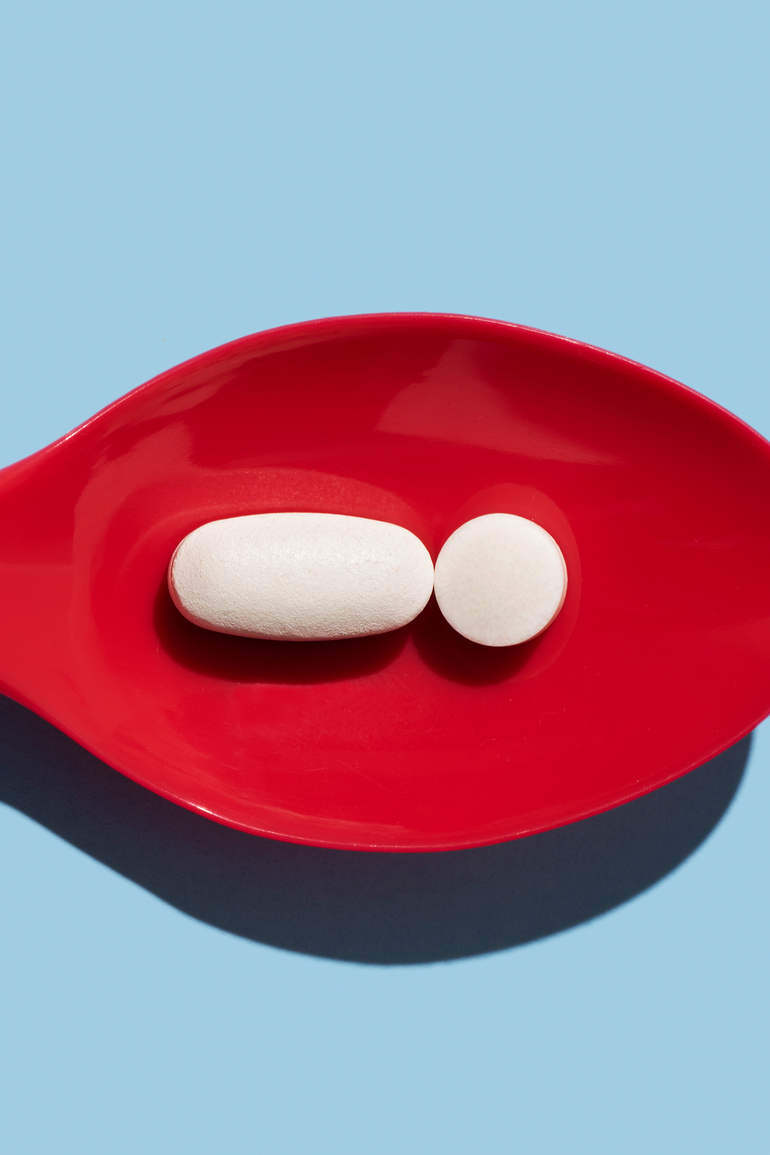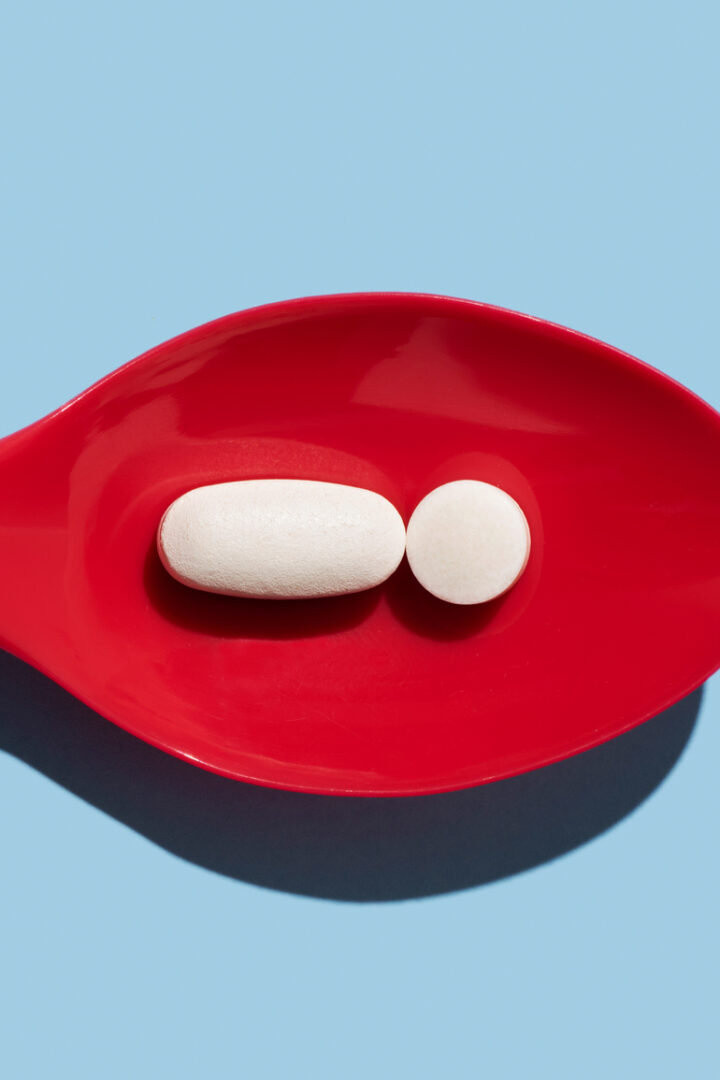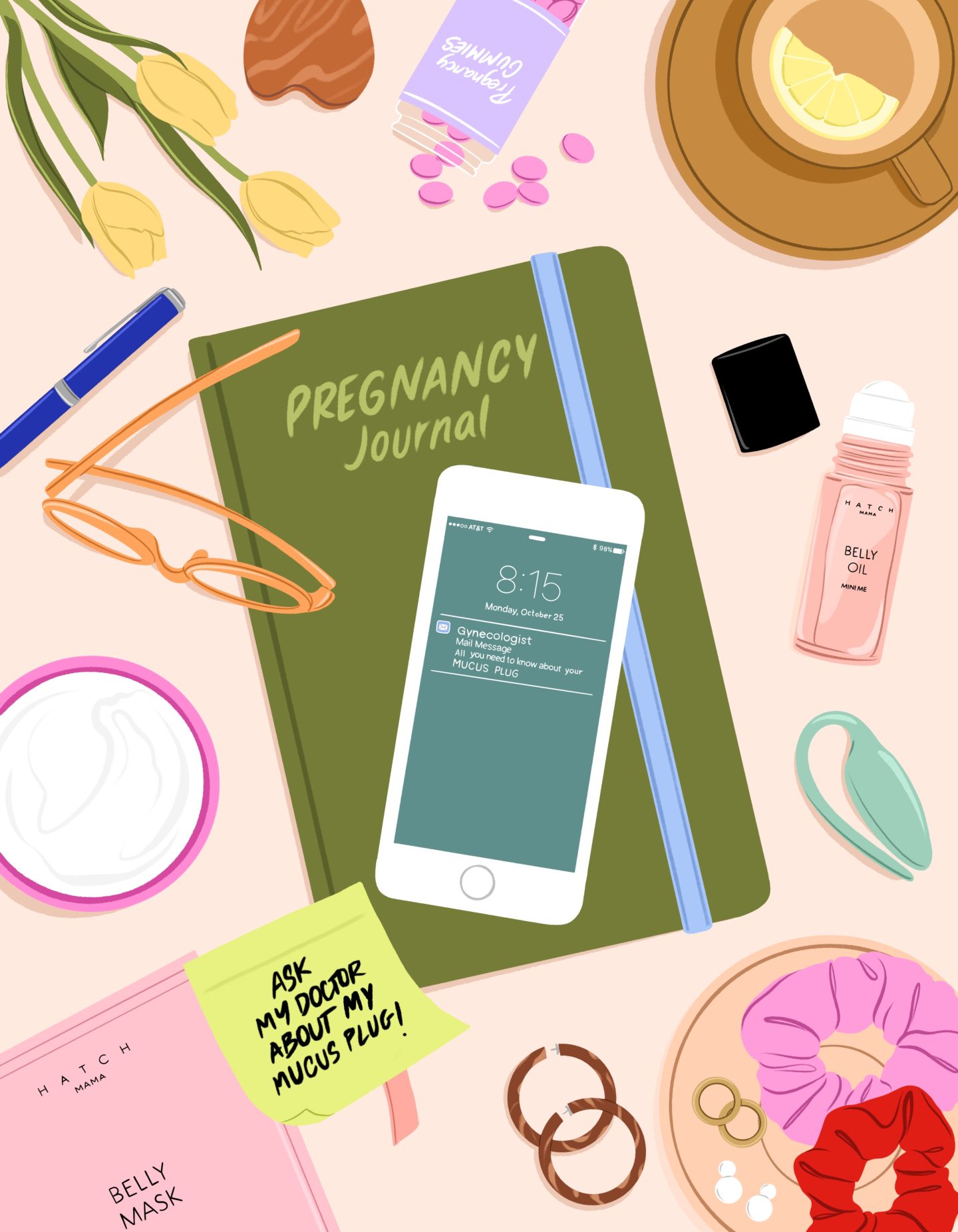If you’re on anti-depressants and you become pregnant, you might be wondering whether staying on your medication is safe for baby or could pose side effects.
It is important to talk to your healthcare provider about the risks and benefits of staying on depression medication during pregnancy. Some medications for depression have been associated with an increased risk of birth defects or other complications during pregnancy. However, untreated depression during pregnancy can also be harmful to both the mother and the baby.
“If someone is on anti-depressants, we should always assess ‘risks versus benefits,’ says Dr. Sheiva Ghofrany, an OB-GYN based in Stamford, CT. “In other words, if the risk is much higher that the patient will have sustained depression, or anxiety, and be unable to perform their activities of daily living, then they absolutely should stay on their anti-depressant, and it is relatively safe. There are very specific and known potential risks and side effects – such as cleft lip and cleft palate, and cardiac defects, all of which are incredibly rare but possible – and some babies at delivery will show signs of withdrawal, though it tends to be short-lived without any long-term complications.”
Your healthcare provider will evaluate your individual circumstances and work with you to determine the best course of action. In some cases, it may be possible to switch to a different medication or adjust the dosage to minimize the risks while still effectively treating your depression. In other cases, it may be safer to stay on your current medication.
Some antidepressant medications have been associated with an increased risk of birth defects when taken during pregnancy.
These include:
1. Selective serotonin reuptake inhibitors (SSRIs): such as fluoxetine (Prozac), sertraline (Zoloft), paroxetine (Paxil), fluvoxamine (Luvox), citalopram (Celexa), and escitalopram (Lexapro)
2. Serotonin-norepinephrine reuptake inhibitors (SNRIs): such as venlafaxine (Effexor) and duloxetine (Cymbalta)
3. Tricyclic antidepressants (TCAs): such as amitriptyline, imipramine, and nortriptyline
4. Monoamine oxidase inhibitors (MAOIs): such as phenelzine and tranylcypromine
But before you start stressing, remember that not all babies exposed to these medications during pregnancy will have birth defects. The risks and benefits of taking antidepressant medication during pregnancy should be carefully weighed by a healthcare provider based on the individual situation of the mother and the potential risks to the developing fetus.
Again, in some cases, the benefits of taking medication to treat depression may outweigh the risks associated with taking it during pregnancy.
Beyond anti-depressants, It is important to make sure your healthcare provider is aware of all of your medications, supplements, and herbal remedies, including those for depression – ideally before becoming pregnant or as soon as you learn you are pregnant. They’ll help you make informed decisions about managing your depression during pregnancy.








